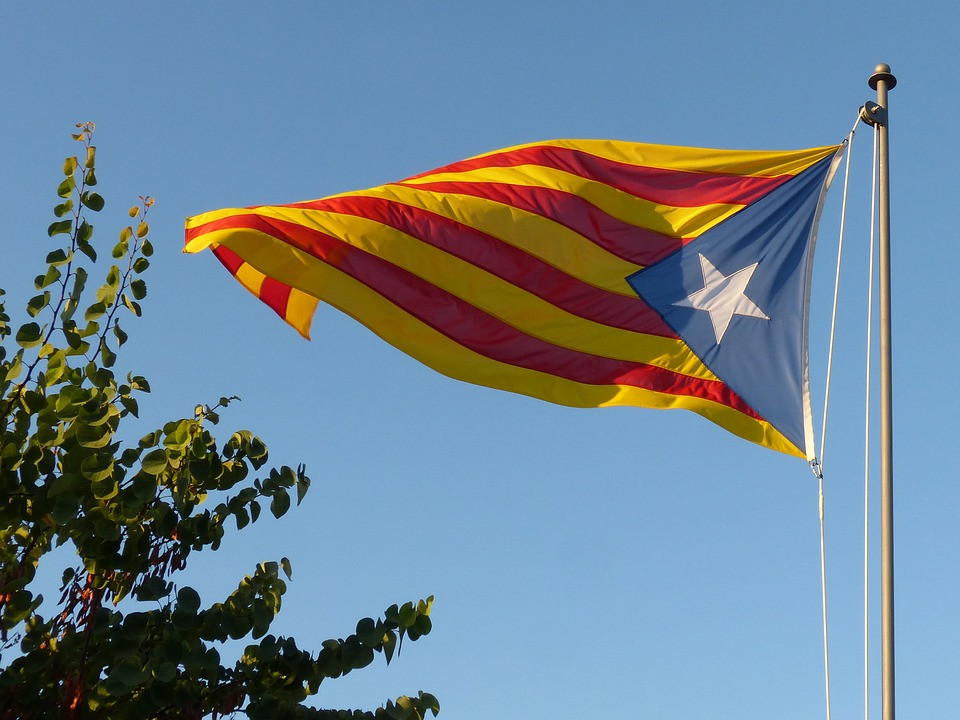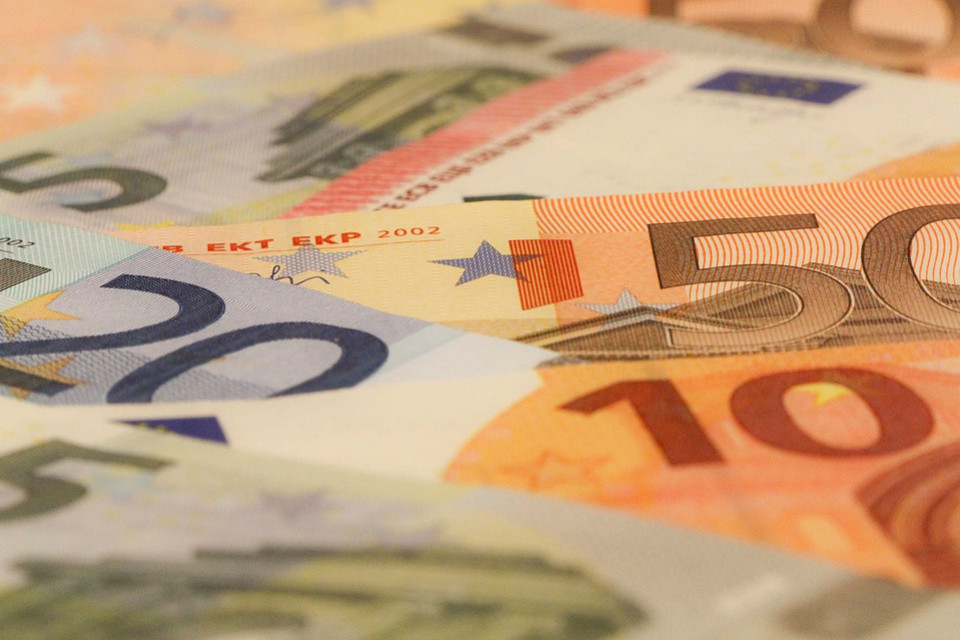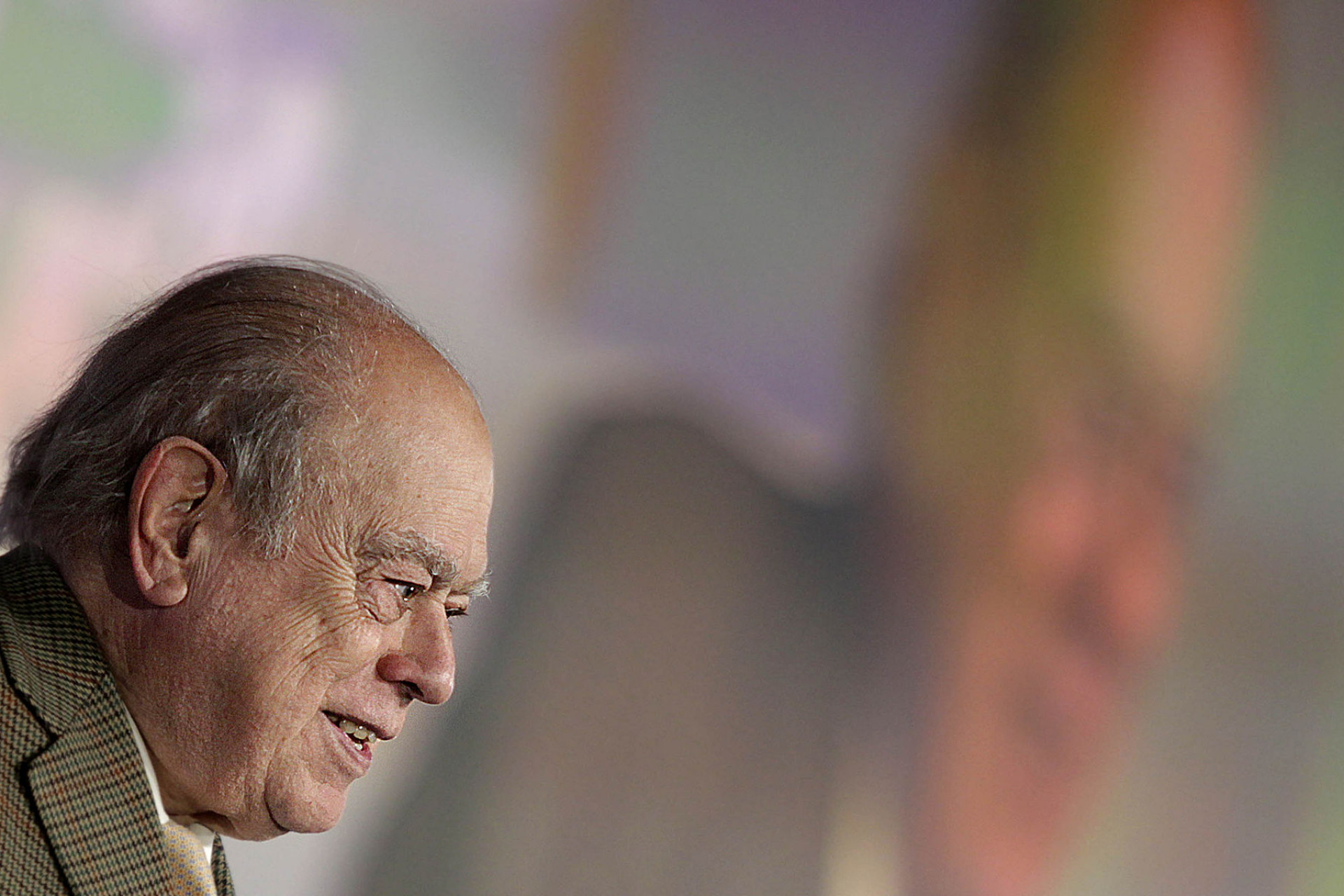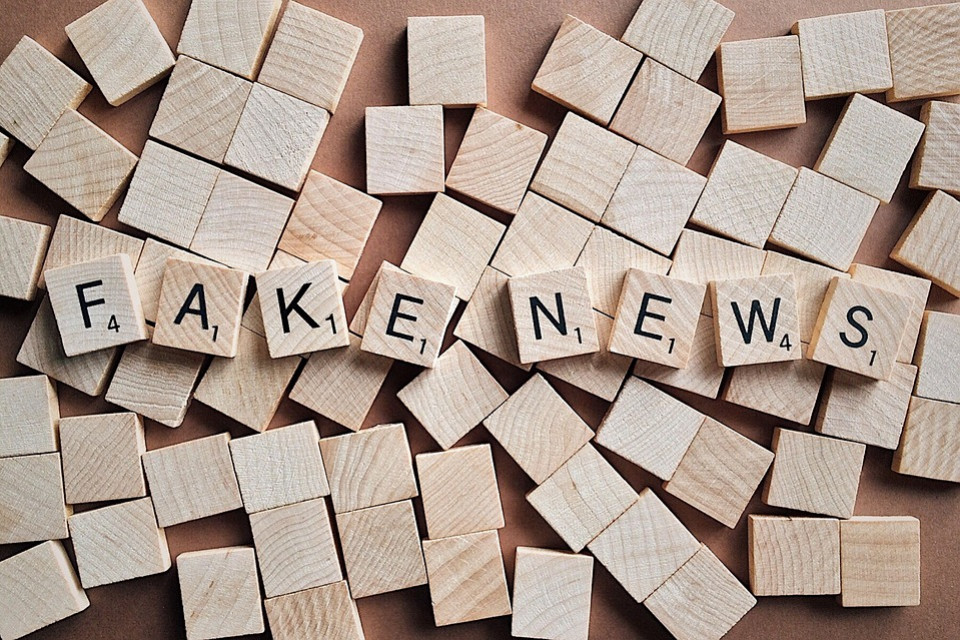According to a survey conducted by GESOP just one year ago, 65% of Catalonians consider that the Catalonian Broadcasting Corporation (CCMA) media are sympathetic to the independence of Catalonia. Only 22% of respondents believe that these public media are neutral. Let's see how we arrived at this point.
Since the beginning of the regional regimes, academics and nationalist politicians have insisted that communication policies are a key tool for the articulation of a "espai català de comunicació", in turn essential for making the so-called national construction of Catalonia possible. In short, it is about setting up an own media system, with the Catalonian language as the backbone, and obviously, with an editorial profile in accordance with nationalist logic.
To achieve this end, among the policies deployed by the Government, along with the conspicuous grants to the private sector (including institutional publicity), is the promotion of strong public media. Thus, for almost four decades, without exception the different Generalitat governments have generously funded the CCMA, thus converting it into the largest regional public broadcaster with the greatest output and also with the most audience.
The CCMA focus on the nationalist strategy is clearly observable in the so-called 2000 Programme of Pujol (previous Catalonian president), a quite revealing document that circulated in the highest spheres of the CiU and that was leaked to the press in 1990.
It points to this document, as the first objective as regards communication means, that the publics dependent on the Generalitat "continue to be effective transmitters of the Catalonian national model". Later, it also highlights the need as a fundamental activity to "introduce nationalist people of high professionalism and great technical qualification in all the key places in the media". With these premises, it is not surprising that the CCMA is already presented as "a true State structure" in the 2015 electoral programme of Junts pel Sí. In other words, an essential piece of that hypothetical independent Catalonian Republic.
TOO MANY SIGNS OF POLITICS IN THE CATALONIAN PUBLIC MEDIA
Focusing on the "Procés" years, there are too many visible signs of the political bias of the Catalonian public media. For example, the absence of Josep Borrell and Joan Llorach is incomprehensible, authors of the famous TV3 "Accounts and tales of independence" interviews and discourses. Given that the economic arguments are so central to the separatist discourse, it is evident that the public media should give a voice to those who most rigorously challenge them.
The proliferation of thesis documentaries clearly orientated to give a voice to the secessionists (Adéu, Espanya, Hola Europa, L'endemà...), are similarly not comprehensible, without even a single one that reflects the of Catalonian constitutionalism proposals.
The editorial nature is also unusual. This is noticable in some programmes, in particular "La Portada", by El Matí de Catalonia Ràdio, which clearly contravenes the provisions of section 2.1.1.6.1.1.2.3 of the CCMA Style Guide. Taking into account that the public media cannot hold an editorial line, judge for yourselves whether the contents of this section display this or not. It is good to keep in mind the centrality and audience of this programme on Catalonian radio.
The burning of a copy of the Spanish Constitution by Empar Moliner in the Els Matins programme on TV3 logically caused a great controversy. It was surprising to see a similar initiative on the part of those who systematically say they feel aggrieved by identity issues.
Here are more concrete examples: on the programme "Més 3/24" a former militant of Terra Lliure convicted of murder was presented as a "political prisoner"; in the of Catalonia Vespre (Catalonia Ràdio) Twitter feed, questions such as "Are you willing to physically prevent Mas, Ortega and Rigau going to court?" or "Do you think that, when the judge cites you, you always have to go, whatever the reason? "...; and the TV3 prime-time news programme tried to discredit in a quite regrettable way the demonstration organized by the Societat Civil Catalana on October 8th... Look at this! Without forgetting other visible signs with an undoubted political backdrop such as the advert egging on Juventus in the final of the 2017 Champions League against Real Madrid, disregarding that the white team is the second most followed football team in Catalonia.
Other quite striking samples of unacceptable happenings in a public environment are the proven connivance of TV3 with the ANC to broadcast the 2015 Catalonian National Day (when this pro-independence entity supported the candidacy of Junts pel Si and that September 11th happened to be the first day of the campaign); that for two months our public television building was covered by two giant tarps with slogans in favour of the illegal referendum on October 1st, and that the CCMA media would continue broadcasting institutional publicity about this referendum despite its explicit prohibition by the Constitutional Court.
EXPLICIT MARGINALIZATION OF SPANISH SPEAKERS
We should give special mention to the explicit marginalization of Spanish speakers in interviews and gatherings with the unheard-of argument (point 2.1.1.6.4 of the CCMA Style Guide Users Manual) that "given equal merits and qualities, preference should be given to those who express themselves in Catalonian." It is obvious that equality of merits and qualities never exists, as it is obvious that, by its very nature, thought itself always has nuances. In reality, this policy silences a part of the population as a whole, curiously the one where nationalism has enormous difficulties taking root.
Obviously, not all of the CCMA's staff share, nor are jointly responsible, for these actions, however it is also true that more critical voices are missing, particularly if we observe what happens with the RTVE news councils. In any case, those who are responsible, whether by action or omission, are the Governing Council, the media directors and the news chiefs.
In this regard, we should remember that the posts of half of the members of the Governing Council have expired and that the president, Núria Llorach, has been in office for almost two years, when, by a legally incomprehensible procedure, she replaced the president, Brauli Duart, due to a health issue that, however did not prevent him from continuing as a counsellor... An unprecedented measure that, mind you, was essential for the members of this Council proposed by the parties of Junts pel Si to maintain control of this body, thanks to the president's casting vote.
No less relevant have been some appointments, made by the very same Governing Council, such as that of Televisió de Catalonia's (TVC) head of news, David Bassa, whose radically pro-independence profile is evidenced in their articles and even in a campaign in favour of the right of self-determination to which he lent his own image. Something similar happened with the director of TVC, Vicent Sanchis, whose appointment deserved the disapproval, on the initiative of Catalonia Sí que es Pot, of all the parliamentary opposition, including the CUP, for its obvious links with the defunct Convergència political party.
This being the case, it is evident that a serious reflection is required on what the CCMA media should be. There is no doubt that a large proportion of Catalonians, among whom I count myself, perceive them as something not only foreign but hostile at times.
If TV3 is "the nostra" (one of our own) for the nationalists, it is not surprising that others effectively perceive it like this. Them and the rest of the CCMA media. They are media for "the others", the Catalonians who, to a greater or lesser extent, claim to have disconnected from Spain and do not seem to understand that they have also disconnected or are disconnecting from the rest of Catalonians.
And this brings us to the great background problem: the conflict we are enduring, even though the separatist propaganda insists on this story, is not between Catalonia and Spain. In the first place it is a conflict between Catalonians, which cannot be resolved if the powers-that-be continue to marginalize non-nationalists. Counting on a public means of all Catalonians would be, in addition to what professional deontology requires, an significant step to try to reverse this situation, if we really want it to be to reversed...nificant step to try to reverse this situation, if we really want it to be to reversed...











